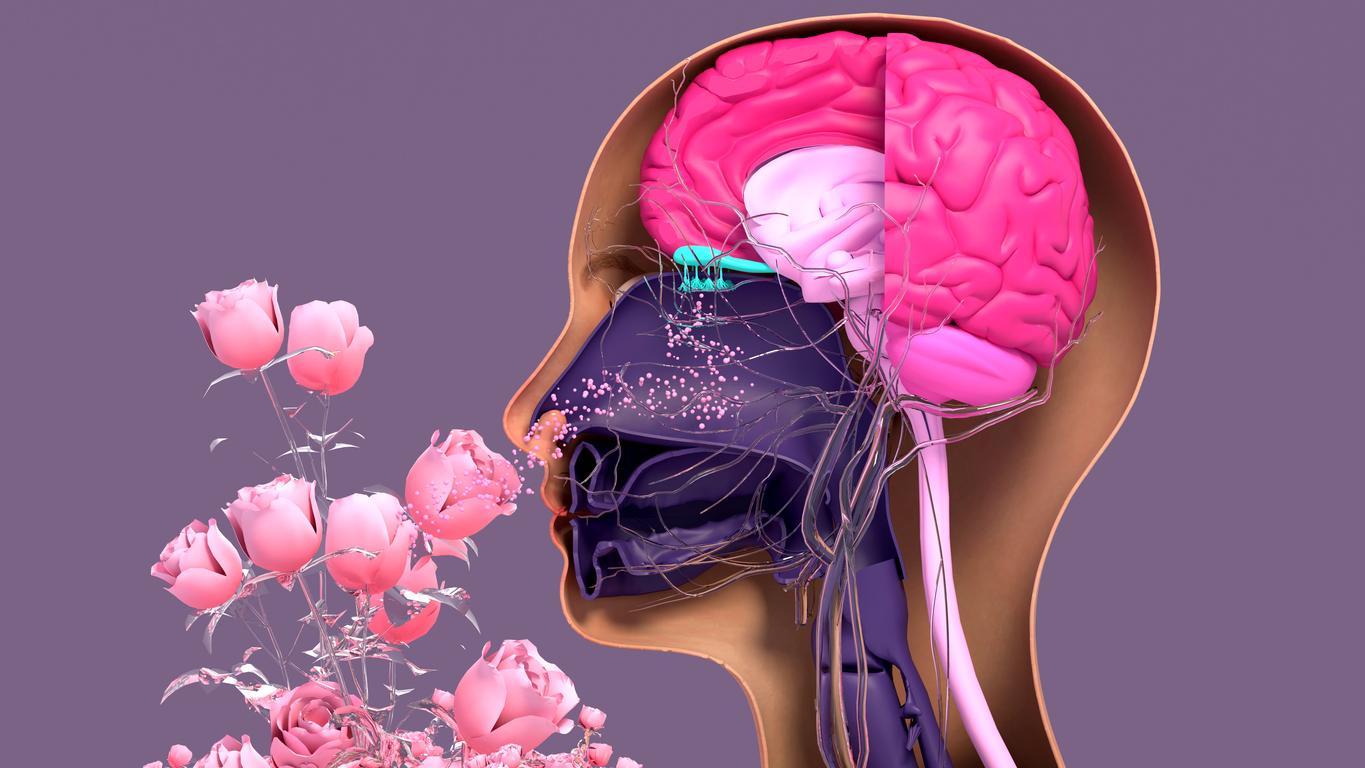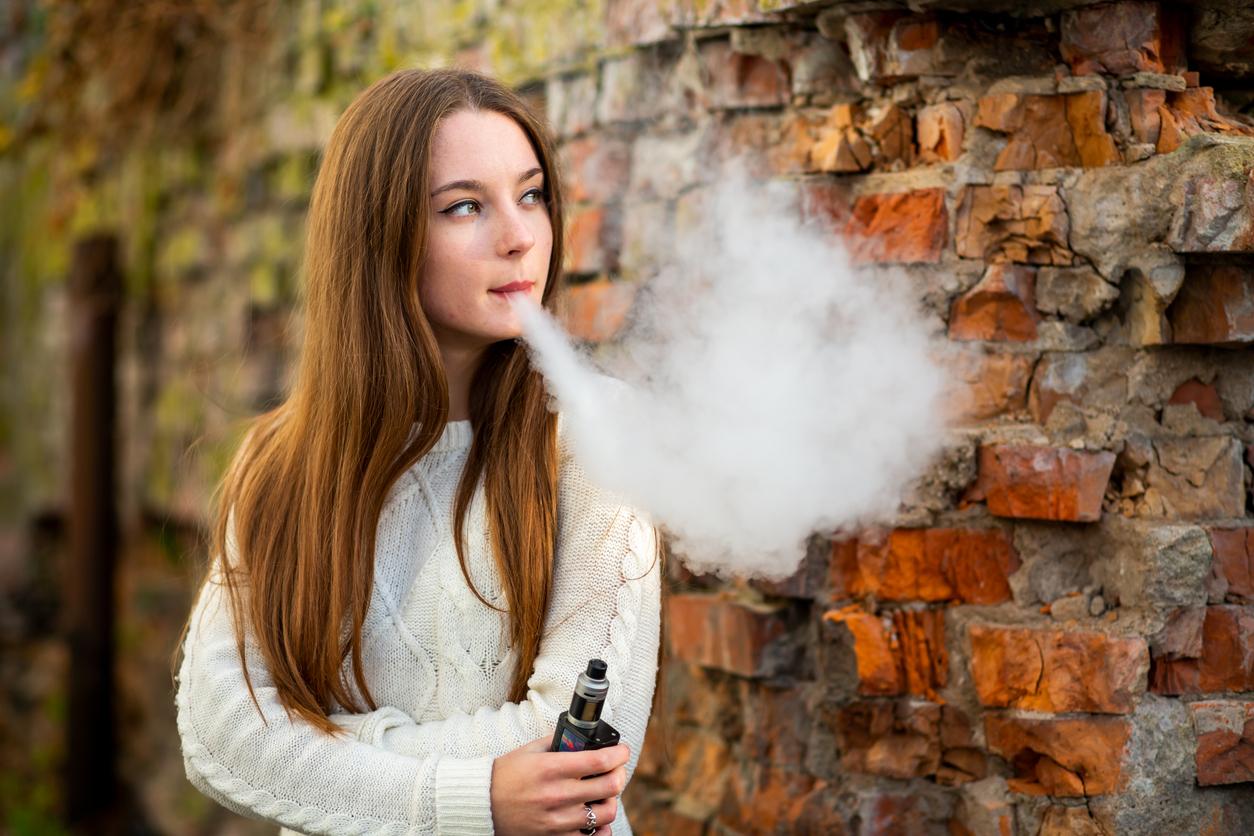
A study published in The Conversation shows that altered smell in the elderly can lead to eating disorders.
The fight against undernutrition
It was Claire Sulmont-Rossé, INRA (National Institute for Agronomic Research) research director at the Dijon Center for Taste and Food Sciences, who carried out a study. The research team tested the ” olfactory performance »Nearly 560 French people aged 65 to 99, in good health and who have no cognitive impairment. Each participant performed 3 tests. The first was to identify the vials containing an odor among empty containers (detection test). For the second test, it was a question of identifying two bottles containing the same odor among bottles of different odors (discrimination test). Finally, for the third test, the volunteers had to recognize the food scents between bottles containing floral fragrances (recognition test). For odor intensity, it was rather low for the detection test, average for the recognition test and high for the discrimination test.
Results for people over 65 were compared to those for adults between 18 and 40 years old. They revealed that two thirds of the elderly had results close to those obtained by the youngest. Only 3% of the elderly suffered from anosmia, or were unable to perceive odors. In addition, a third of seniors presented lower performance than those of younger adults, despite a good perception of medium and strong odors.
The main reasons linked to a decrease in the faculties of olfaction, which may explain this difference, are age, but also other factors, such as chronic exposure to solvents, the occurrence of neurological disorders (Alzheimer’s or Parkinson’s) or taking certain medications.
Perception of smell and diet
According to Claire Sulmont-Rossé, taste and smell are intimately linked. In addition, it is the sense of smell that allows everyone to feel the olfactory, gustatory and tactile sensations during tasting, but also the aromatic nuances and flavors (sweet, salty, acidity and bitterness) of the food consumed. However, if the sense of smell of the elderly is altered, they may have to reduce their food consumption and “undernourish“, taking risks for their health: risk of falls linked to the loss of muscle mass, healing difficulties, worsening of existing pathologies. Fortunately, there are solutions, such as increasing the concentration of the” flavor “of food or the development of reworked foods (texture, appearance, flavor and aromas) suitable for the elderly.

















